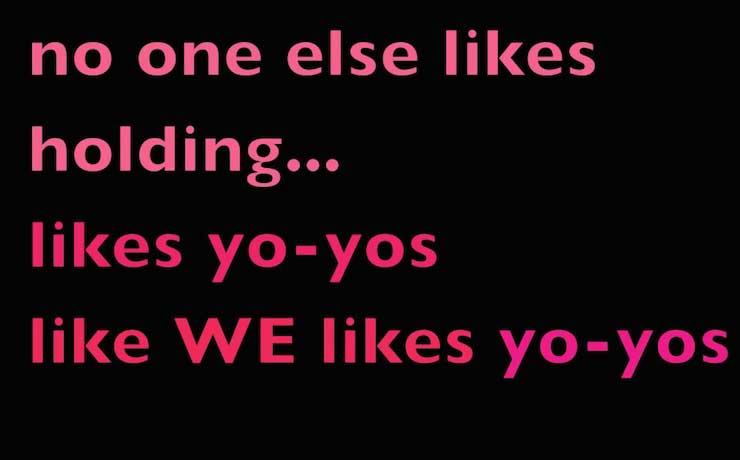Unicorns, you know, those majestic one-horned creatures that everyone is telling you do not exist and never did exist? Well, they are completely wrong and here are ten facts that not only prove the existence of Unicorns, but also prove that these non-believers are actually just haters. Love the rainbow and embrace the unicorn. If you can believe in unicorns, you might just be lucky enough to spot one of these magical beings.
1. Unicorns have been cited in Western literature on more than one occasion. The earliest record belongs to Greek historian, Ctesias. In the 5th century BCE, Ctesias wrote that the creature had a white body, purple head, blue eyes, and a multicolored horn – red at the tip, black in the middle, and white at the base.
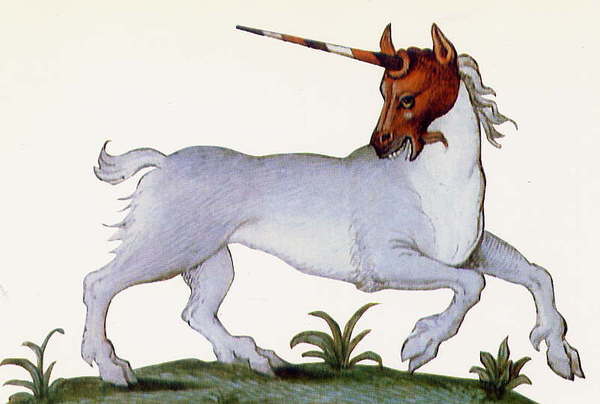
2. Unicorns are mentioned FIVE times in the King James version of the Bible as well as in five different books by Balaam, Moses, David, Isaiah, and even God himself in the book of Job. Modern translations of the Bible do not make mention of Unicorns directly, rather, they say “wild ox” or even “buffalo”. Though, it can be understood why modern translation would use references to animals that are proven to exist, in order to avoid comparisons of the Bible to myths and fairy tales.
3. Depictions of unicorns appear in many famous works of art, tapestries, literature, sculptures, and heraldry (such as The coat of arms of the King John Sigismund Zápolya of Hungary in the 16th century). The “Unicorn Tapestries” are probably the most famous of all unicorn tapestries. They are a magnificent series of tapestries from the late medieval times (around 1500) and most likely woven in the Low Countries in Brussels. The series of seven tapestries hang in the Cloisters division of the Metropolitan Museum of Art in New York City.
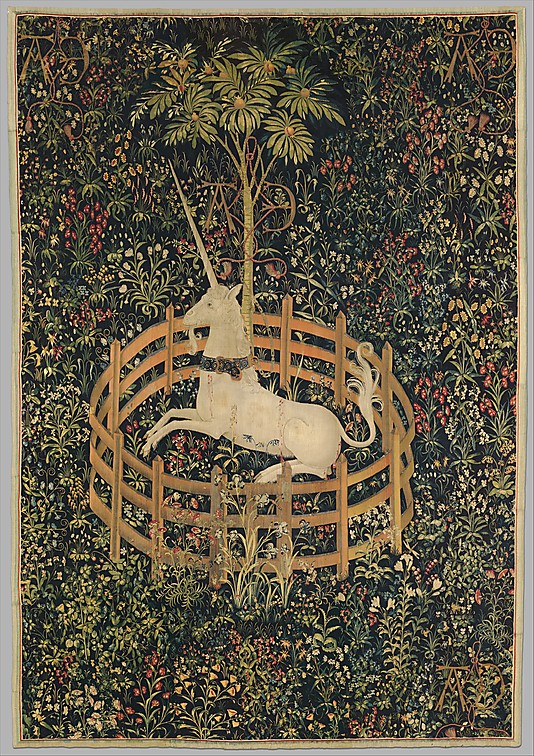
4. There is a Unicorn Constellation and it is named ‘Monoceros’. The unicorn was enshrined in the stars in 1612 when the Dutch theologian, Petrus Plancius, included the unicorn constellation on his celestial globe. It was the German mathematician, Jakob Bartsch, who brought the constellation into general use on his star charts in 1624. The constellation is located on the celestial equator between Prion and Hydra.
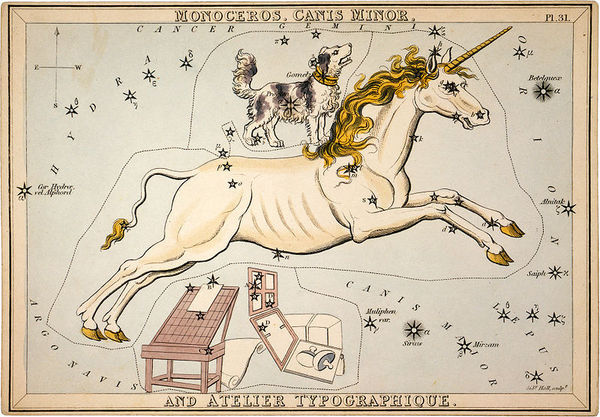
5. Like other creatures, the Unicorn is driven by sexual desire. The intelligence and vigor of unicorns can be comparable to man, hence man and unicorns’ constant fascination with each other. Man’s drive to hunt these majestic creatures and extract their power can be explained by their sexual prowess and ability to attract beautiful virgins. It was also said that only virgins were able to tame unicorns. There are many depictions of young virgins entering the forests and a unicorn would approach the girl and rest his head on her lap. The unicorn then falls asleep in the virgins lap. This relationship between the virgin and the unicorn became an allegory for the relationship between the Virgin Mary and Christ during the Middle Ages.

8. Unicorns were hunted throughout history. The natural attraction between unicorns and virgins and the ability for virgins to attract and tame unicorns rendered them vulnerable to the desires of men. In recognizing unicorns’ weakness (virgins), men learned exactly how to trap them and kill these creatures. Men would use virgins to lure in unicorns, only to be slaughtered by men.There are accounts and art depicting how to perform this gruesome act of killing a unicorn. There were different strategies on how to commit the final act, but most often, a virgin was used to lure them in.

7. The incredible desire by man to obtain a unicorn horn for its magical and medicinal properties. The material obtained from grinding down a unicorn horn is called ‘Alicorn’. Alicorn powder was believed to cure many diseases as well as detect poisons. Obtaining a unicorn horn, or alicorn, was such a widely held desire that it lead to the near destruction of the narwhal population, a species of whale that grows a long and twisted extra tooth that resembles a unicorn horn. These horns were sold as counterfeit unicorn horns. Scandinavians kept these ‘Unicorns of the Sea’ a secret for over 500 years! Fooling everyone who purchased these horns thinking they were from a unicorn. The narwhal’s tusk was worth much more than its weight in gold. Today, these incredible medium sized whales are nearly extinct due to hunting.

8. An important fact but often overlooked: People often say, ‘How can Unicorns exist if nobody has found Unicorn droppings (excrement)?’and these are the same reasons they cite against the existence of Big Foot. First, Big Foot and Unicorns cannot be compared. Secondly, Unicorns are MAGICAL, which means that they don’t go around pooping like the rest of the animal Kingdom. Unicorns excrete magical fairy dust that creates a rainbow but vanishes in a matter of seconds. Hence the difficulty in tracking them down or to discover evidence of their existence. This cartoon is probably the most accurate depiction of what occurs since we could not find actual footage for obvious reasons.
9. This girl knows unicorns exist and because of this, look how upset she is that her Mother won’t get her “a real live unicorn”. She is still too young to realize that she cannot keep a pet unicorn…
10. Unicorn Man ACTUALLY exists. He is real, living, colorful, and sexual.
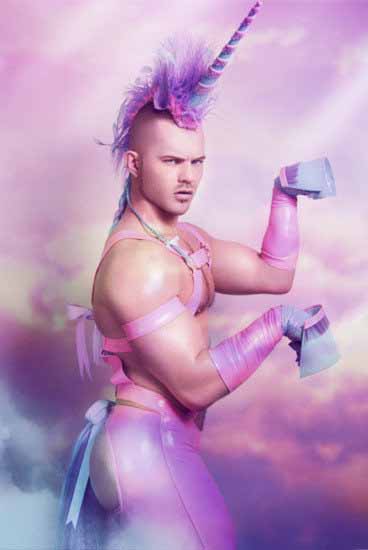
Lastly, if you still do not believe in the existence of unicorns, North Korea can provide you with indisputable proof. In November 2012, a North Korean state news agency reported that archaeologists have discovered the lair of a unicorn that was once ridden by King Tongmyong, founder of Koguryŏ, an ancient Korean kingdom.

Visit NBCNews.com for breaking news, world news, and news about the economy
Ctesias. “Indica,” in The Library of Photius, ed. and trans. by J.H. Freese. New York: MacMillan, 1920.








